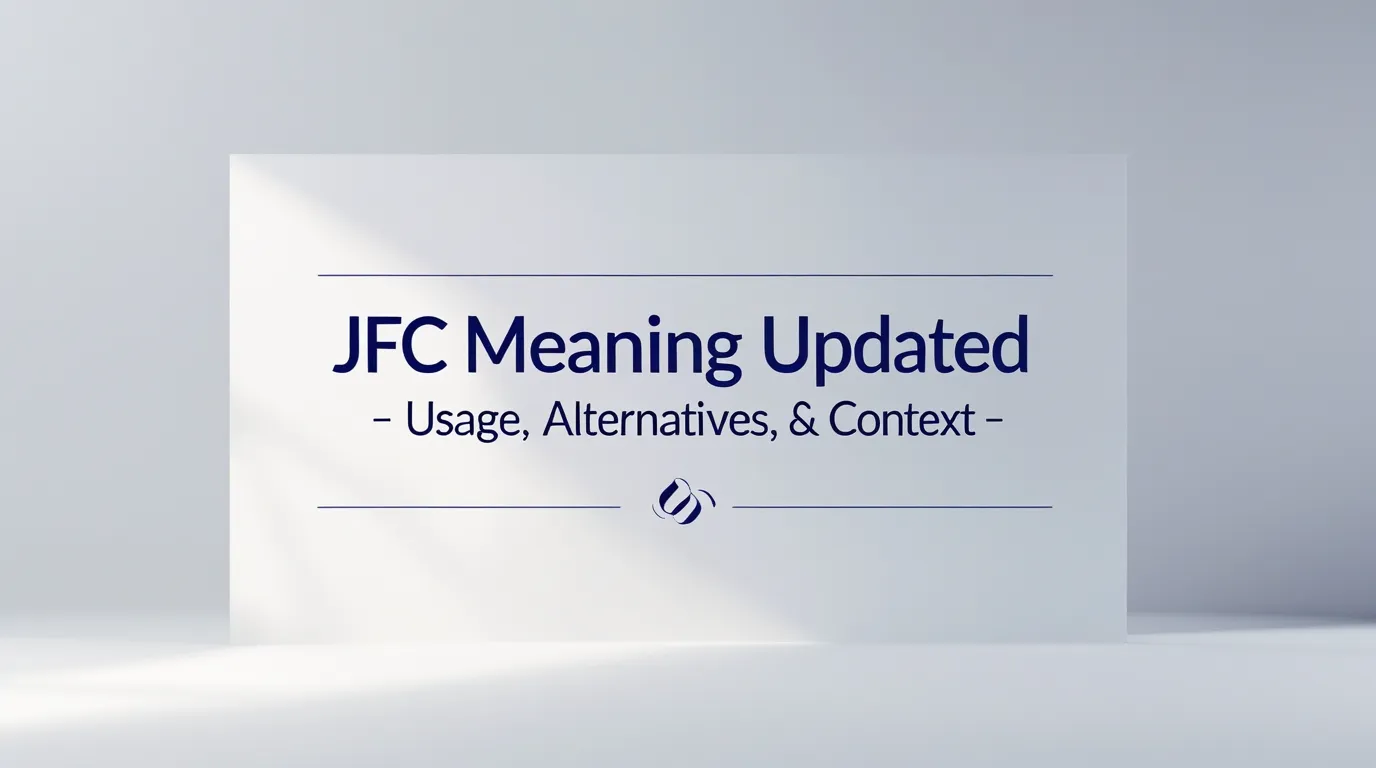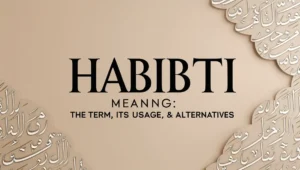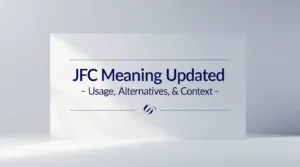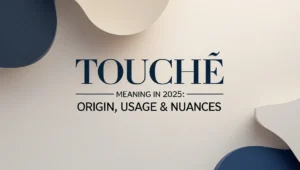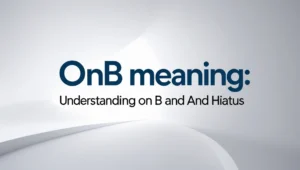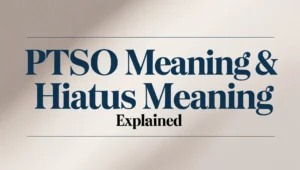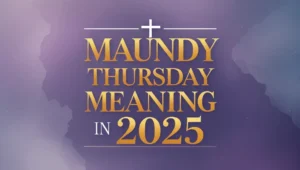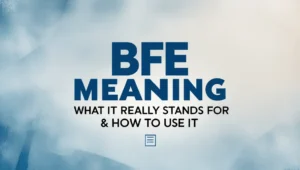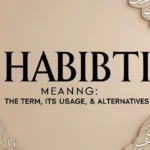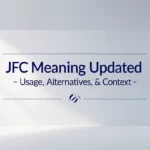Language keeps evolving, especially in the fast-paced world of digital conversations and memes. One abbreviation that’s been around for years but still sparks curiosity in 2025 is “JFC.” Whether you’ve seen it in a tweet, a gaming chat, or a text message, understanding the JFC meaning and how to use it properly can help you stay updated with online communication trends. This article dives deep into what JFC stands for, its usage, emotional tone, and polite alternatives, making it your ultimate guide for understanding this internet slang in 2025.
Understanding the JFC Meaning in Modern Text
The abbreviation JFC stands for “Jesus F*ing Christ.”** It’s typically used as an expression of frustration, disbelief, or amazement in online conversations. While the phrase has religious undertones, its use in casual internet slang is often secular and emotional, similar to how people use “OMG” or “WTF.”
In 2025, JFC continues to appear across social media platforms like Reddit, Twitter (X), TikTok, and Discord, often to emphasize an intense reaction to something shocking, funny, or irritating.
For example:
- JFC, that game update took forever.
- JFC, you really did that!
These expressions convey emotion and urgency, making conversations feel more real and expressive.
Origins of JFC and Its Evolution
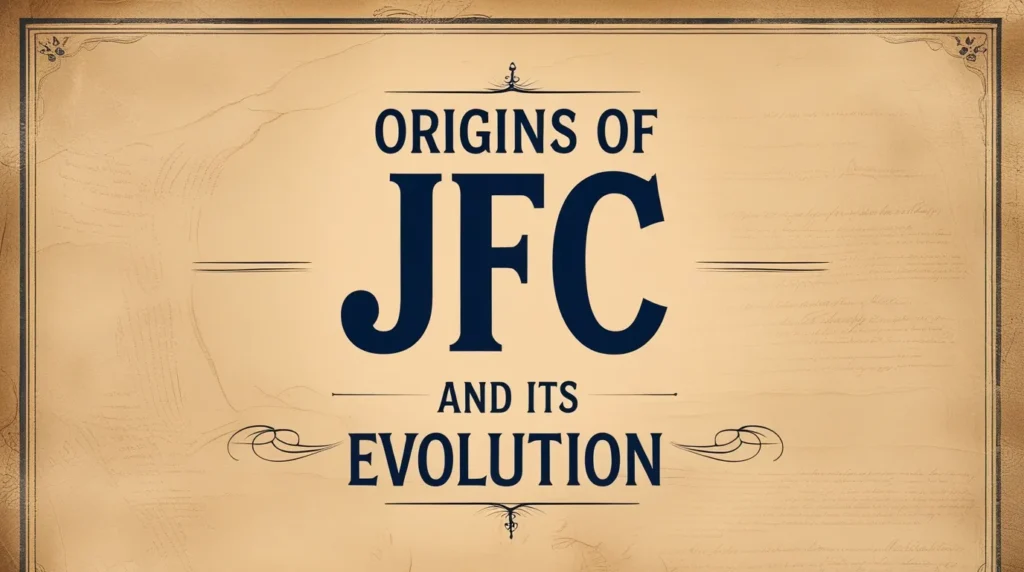
The origin of JFC can be traced back to early internet forums and text messaging culture of the late 1990s and early 2000s. As internet slang grew, users began abbreviating longer exclamations to save time and space while texting.
By 2010, JFC became a common acronym on social media, used in memes and casual chats. Its emotional intensity made it popular among younger users who wanted to add drama or humor to their reactions.
In 2025, while it remains a staple of online speech, awareness about its offensive potential has also increased, encouraging people to use softer or neutral alternatives in professional or mixed company.
Emotional Context and Tone of JFC
The tone of JFC varies depending on context and emotion:
- Anger or Frustration: JFC, this app keeps crashing.
- Surprise or Shock: JFC, I can’t believe it actually worked!
- Admiration or Amusement: JFC, that was hilarious.
- Disbelief or Disgust: JFC, people still do that?
While it’s powerful for emphasizing emotions, users must be aware that it includes profanity and religious references, which might offend some audiences.
Thus, it’s best to use JFC informally among close friends or peers who understand your tone.
Why JFC Is Still Popular in 2025
Despite the evolution of internet slang, JFC stays relevant because it expresses raw, human emotion in just three letters. It bridges frustration, shock, and sarcasm in a single abbreviation, making it incredibly versatile.
Moreover, with memes, short-form videos, and viral tweets dominating social platforms, abbreviations like JFC fit perfectly into concise, emotional storytelling. It’s part of a generation that values speed and emotion in digital communication.
When to Use JFC in Texts or Online Chats
You can use JFC when you want to:
- React strongly to something surprising or frustrating.
- Add humor or exaggeration to your expression.
- Engage in casual, expressive conversations with friends.
However, avoid using it in:
- Professional emails or messages.
- Religious discussions or sensitive topics.
- Conversations with people you don’t know well.
Keeping audience awareness in mind is essential for maintaining respectful communication online.
Polite and Safer Alternatives to JFC

If you want to avoid offending others but still express emotion, try these cleaner alternatives:
- OMG (Oh My God)
- OMFG (Oh My Freaking God)
- WTF (What The Freak)
- JHC (Jesus Holy Christ)
- Gosh or Goodness
- Holy smokes / Holy cow
- Seriously?!
Each of these carries a similar tone of shock or disbelief but with less risk of offending someone.
How JFC Differs from Similar Slang Terms
While JFC, WTF, and OMG all express strong reactions, they differ in intensity and emotional direction.
- JFC often conveys frustration or disbelief with a slightly aggressive edge.
- WTF is confused or annoyed, used for situations that don’t make sense.
- OMG is softer and more general, suitable for both shock and excitement.
Understanding these differences helps you choose the right tone in any conversation.
Examples of JFC in Everyday Conversations
Here are a few modern, 2025-style examples of how JFC appears naturally online:
- JFC, that AI-generated photo looks so real.
- JFC, I forgot my keys again.
- JFC, that concert was unreal!
- JFC, the internet never fails to surprise me.
These examples show that JFC adapts easily across contexts — from humor to frustration.
JFC in Social Media Memes and Trends
Memes are a big reason JFC remains relevant. Whether it’s a reaction meme on Reddit or a funny TikTok caption, JFC adds instant emotional impact.
Its shock value makes it perfect for expressing disbelief or exaggeration, two of the most powerful elements of viral humor. Even in 2025, creators continue to use JFC in memes because it’s short, expressive, and universal.
Conclusion
The JFC meaning has evolved from a shocking exclamation to a normal part of digital communication. It represents human emotion — frustration, amazement, or disbelief — all compressed into three letters.
In 2025, while JFC remains popular across social media, chats, and memes, using it respectfully and contextually ensures your message connects rather than offends. Understanding slang like JFC keeps your communication modern, expressive, and relatable.
FAQs
1. What does JFC stand for? JFC stands for “Jesus F**ing Christ,”* used to express frustration, shock, or amazement in online messages.
2. Is JFC considered rude? Yes, JFC can be offensive due to profanity and religious references, so it’s best avoided in formal or sensitive contexts.
3. Can I use JFC in professional communication? No. Use alternatives like “OMG” or “Goodness gracious” in professional settings.
4. What are cleaner alternatives to JFC? Try saying “OMG,” “Jeez,” “Holy cow,” or “Seriously” to express surprise without offending anyone.5. Why is JFC still popular in 2025? It’s short, expressive, and emotional — perfect for quick reactions in social media, gaming, and casual texting.

